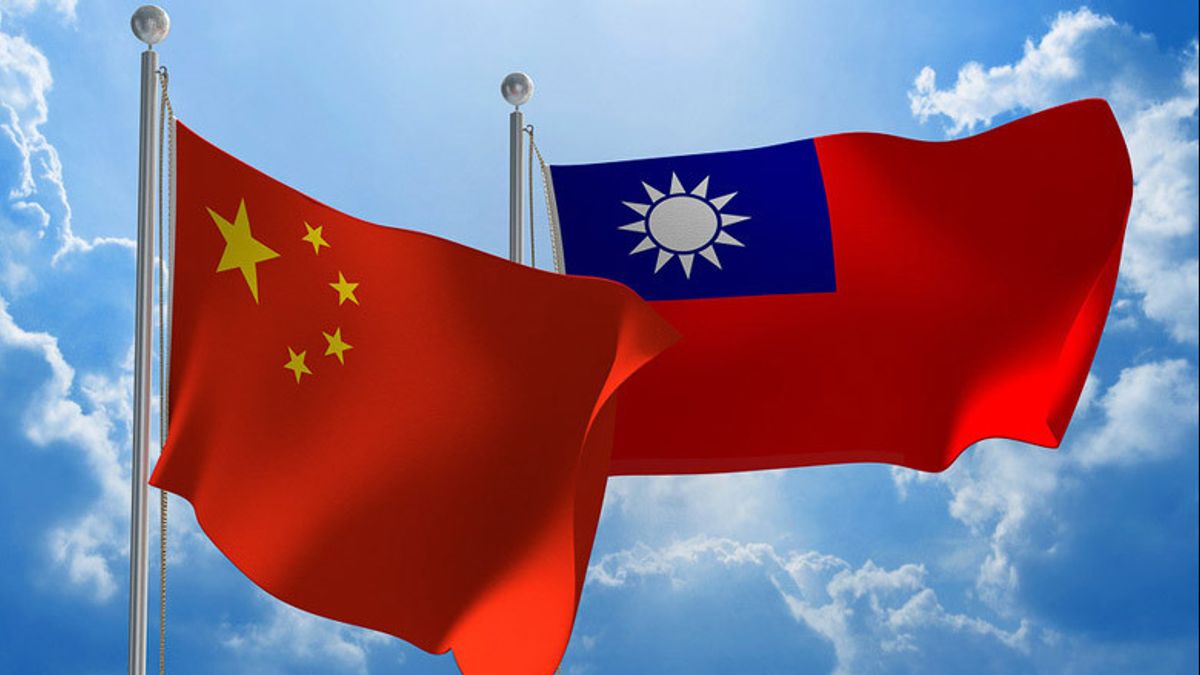JAKARTA - Strengthening Taiwan's defenses is an urgent and important task to prevent the threat of invasion by China, the top United States Department of Defense (Pentagon) official for Asia said on Wednesday, adding US partners are increasing their military presence in the region.
Tensions between Taiwan and China have risen in recent months, as Beijing ramps up pressure on the island it claims as its own with repeated air missions over the Taiwan Strait, the waterway separating democratically governed Taiwan from China.
"Without question, strengthening Taiwan's self-defense is an urgent task and an important feature of deterrence," U.S. Assistant Secretary of Defense for Indo-Pacific Security Affairs Ely Ratner told a U.S. Senate Foreign Relations Committee hearing.
Ratner said China's air and sea military campaigns around Taiwan were "deliberately provocative", raising the possibility of miscalculation between armed forces in the Indo-Pacific region.
"They endanger the prosperity and security of the region, are part of the PRC's pattern of coercion and military aggression against other US allies and partners in the region, including India, Japan, the Philippines and Vietnam," Ratner said, referring to the People's Republic of China.
"We are seeing countries increasing their military presence in the region and their willingness to support deterrence in a way that we have never done before," Ratner said, citing joint military activities with Canada, Britain and Japan.
The United States has no formal relations with Taiwan, but is its biggest arms supplier and has been trying to carve out more space for it in the international system, in the face of Beijing's increasing efforts to isolate Taipei.
Earlier, US President Joe Biden caused a stir in October when he said the United States, required by a 1979 law to provide Taiwan with the means to defend itself, would defend itself if China attacked.
The statement appeared to deviate from Washington's longstanding policy of 'strategic ambiguity', not explaining how the United States would respond, although the White House was quick to say President Biden was not signaling a change in policy.
Several US lawmakers, including the influential Democratic chairman of the House Intelligence Committee Adam Schiff, have urged President Biden's administration to be less ambiguous.
Meanwhile, when asked by the committee chair, Senator Bob Menendez, whether the policy should be changed, Ratner said he believed it would not significantly strengthen deterrence.
When further asked what he saw as the biggest risk to Taiwan, Ratner replied: "China's challenges are today's problems, tomorrow's problems, 2027 problems, 2030 problems, 2040 problems and so on. I don't think there is a date that we should pick on the calendar and we must ensure that we maintain deterrence from today."
The English, Chinese, Japanese, Arabic, and French versions are automatically generated by the AI. So there may still be inaccuracies in translating, please always see Indonesian as our main language. (system supported by DigitalSiber.id)













